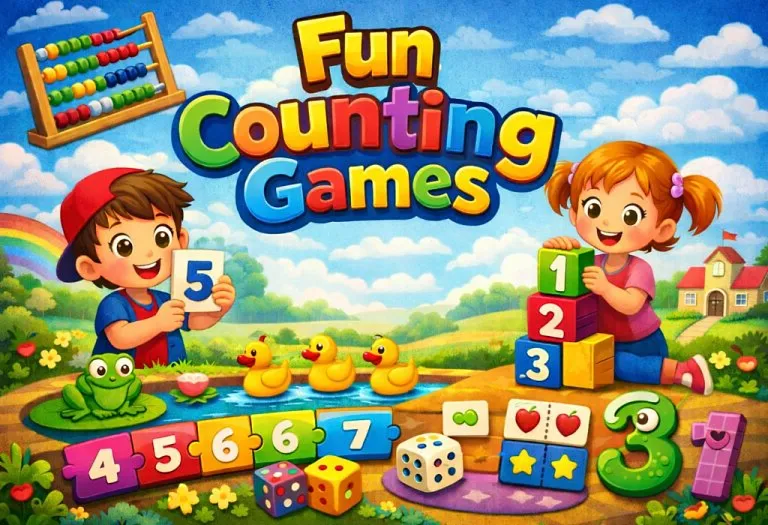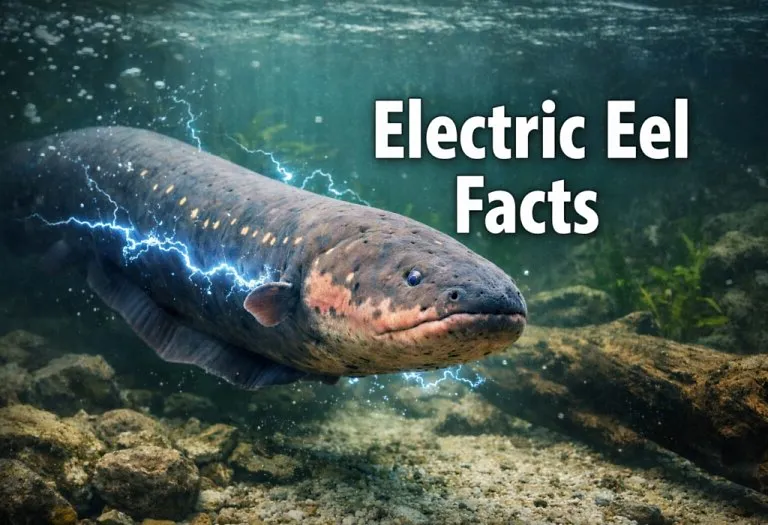Baby Acne Treatment – 4 Effective Home Remedies

No parent loves to see red spots and bumps on their little one’s skin. Baby acne, also known as neonatal acne, happens to babies within their first six weeks. Just like puberty acne that comes during adolescence, babies in their infancy also undergo hormonal changes that may cause baby acne. It may appear as small closed comedones on the forehead, nose, and cheeks. Normally, it subsides on its own and does not leave a scar, but if you want to treat your little one at home, you can opt for home remedies. Home remedies are ideal for babies with sensitive skin. Plus, they’re cheap and readily available too. Read on for effective baby acne home remedies.
Acne developing after 6 weeks of age is called infantile acne and is totally different from neonatal acne that occur within first six weeks. Infantile acne can be due to many reasons and must be checked by a certified doctor. Rest assured, both Both neonatal and infantile acne generally resolve on their own without treatment. However, if anything unusual persists which may seem to trouble your little one, a consultation with paediatric is always safe and better.
Natural Remedies to Cure Baby Acne
Typically, baby acne tends to become a more significant concern after about six weeks of age. It’s crucial to not only recognise that your baby has acne but also to understand what might be causing it and what type of acne it is so that you can treat it accordingly. Here are some natural remedies for baby acne that you can try on your baby:
1. Extra Virgin Coconut Oil
Unrefined organic coconut oil or extra virgin coconut oil soothes and moisturises your baby’s skin. Simply apply a few drops to the affected areas four times a day until the acne clears up. Coconut oil is completely natural and perfect for those red bumps.
2. Breast Milk
Breast milk is the ultimate elixir for baby acne. Take some breast milk in a bowl and dab the cotton ball in it. Apply it to the affected areas.
If you’re a nursing mother and want to cure baby acne, change your diet. Stop eating sweet or sour foods, and cut down on dairy products. Eliminate oily foods and aim for foods like kimchi, kefir, and miso.
3. Chemical-Free Detergents
Wash your baby’s clothes with chemical-free detergents. That’s because chemical detergents may stick to clothing and worsen the acne. Also, pay attention to the material you’re putting on your little one.
4. Oatmeal
Oatmeal is an unconventional yet effective cure for acne and pimples. If there’s acne on your baby’s body, arms or legs, then oatmeal will work best. Avoid using oatmeal near your baby’s eyes. Take 1/3 cup of oatmeal and blend it into a powder. Add this powder to lukewarm water in your baby’s bathtub. Let her soak herself for about 8-10 minutes. Gently pat your child dry with a soft towel later.
Precautions and Tips
Here are a few precautions and tips you should follow to prevent the acne from worsening:
- Avoid using chemical detergents. Alcohol-free baby wipes are also recommended.
- Layering clothing on your young one traps heat and causes the sweat to build up, thus worsening acne.
- Don’t apply greasy skincare products like lotions or ointments on your baby’s skin. Such products will make baby acne worse.
- Do not use any over-the-counter medication on your little one’s skin without a doctor’s approval.
- Do not let your baby rub or touch the acne-affected areas. Cover your baby’s hands to prevent this.
- If the pimples get filled with pus, consult a dermatologist.
- Bathe your baby regularly with lukewarm water. Use mild, chemical-free pH-friendly soaps and shampoos only.
- Do not squeeze or pop pimples.
Even though acne outbursts are completely normal, you can do a lot to make the phase easy for your baby. Try out the above home remedies for quick relief. Be patient; it’ll be a while before those acne bumps disappear.
FAQs
1. When Should I Get Worried About Baby Acne?
In many cases, around 40% of babies develop acne within the initial two to three weeks of life. However, if this condition persists beyond the six-week mark, it’s advisable to consult with a paediatrician. You can turn to a dermatologist or a paediatrician for guidance if you notice that your baby’s skin appears particularly affected or if blackheads start to form.
2. Can Kisses Cause Acne in Baby?
Kisses on a baby’s skin, when given gently with clean lips, are unlikely to cause acne. However, if the person giving kisses to a baby is not hygienic or suffering from any infectious disease, they may transfer that illness to the baby. Therefore, it is very important to ensure that the person giving kisses to a baby has clean hands and mouth, free of any infection or illness. Baby acne, which often appears as small red or white bumps on the face, is typically related to internal factors like hormonal changes.
3. How Long Should I Wait for Baby Acne to Go Away?
It may take a few weeks to 3-4 months for baby acne to clear. Although it takes a long time, the good news is baby acne usually does not leave any scar behind.
Baby acne can be worrying for parents, no doubt. However, they clear up on their own within months if proper hygiene is maintained around them. You can accelerate the soothing process by using the above-mentioned home remedies for infant acne. While some babies may show results from the above remedies, some may not. Therefore, it is best to consult your baby’s paediatrician before starting with these home remedies.
References/Resources:
1. Baby acne; Mayo Clinic; https://www.mayoclinic.org/diseases-conditions/baby-acne/diagnosis-treatment/drc-20369885
2. Is That Acne On My Baby’s Face?; American Academy of Dermatology Association; https://www.aad.org/public/diseases/acne/really-acne/baby-acne
3. Baby Acne; Cleveland Clinic; https://my.clevelandclinic.org/health/diseases/17822-baby-acne
4. Kutlubay. Z, Tanakol. A, Engýn. B, et al.; Newborn Skin: Common Skin Problems; Maedica (Bucur).; PubMed Central; https://www.ncbi.nlm.nih.gov/pmc/articles/PMC5574071/; January 2017
5. Serna-Tamayo. C, Janniger. C. K, Micali. G, et al.; Neonatal and Infantile Acne Vulgaris: An Update; Pediatric Dermatology, Volume 94; Cutis; https://cdn.mdedge.com/files/s3fs-public/Document/September-2017/CT094010013.pdf; July 2014
6. Reginatto. F. P, Villa. D. D, Cestari. T. F; Benign skin disease with pustules in the newborn; An Bras Dermatol.; PubMed Central; https://www.ncbi.nlm.nih.gov/pmc/articles/PMC4861557/; April 2016
Also Read:
Natural Remedies for Eczema in Babies
Home Remedies & Tips for Baby Skin Care
Home Remedies for a Rash on Baby’s Face
Effective Natural Remedies for Heat Rash in Babies
Was This Article Helpful?
Parenting is a huge responsibility, for you as a caregiver, but also for us as a parenting content platform. We understand that and take our responsibility of creating credible content seriously. FirstCry Parenting articles are written and published only after extensive research using factually sound references to deliver quality content that is accurate, validated by experts, and completely reliable. To understand how we go about creating content that is credible, read our editorial policy here.






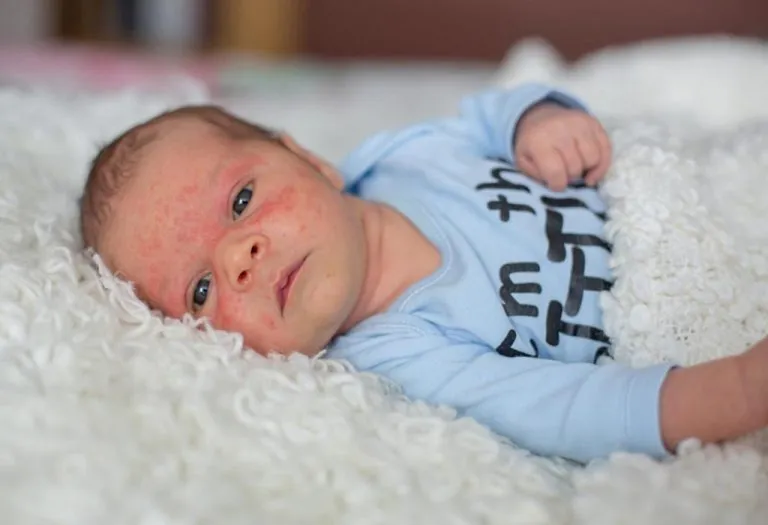
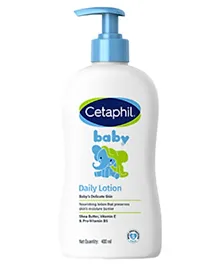
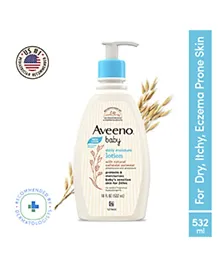
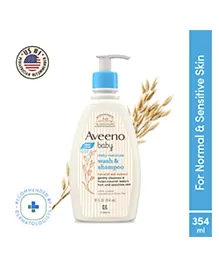
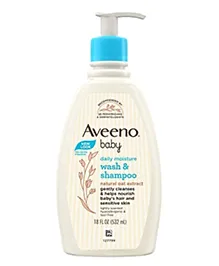
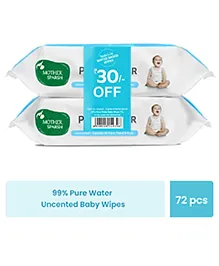
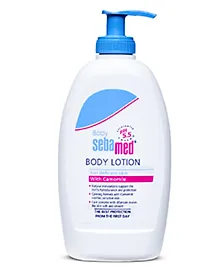


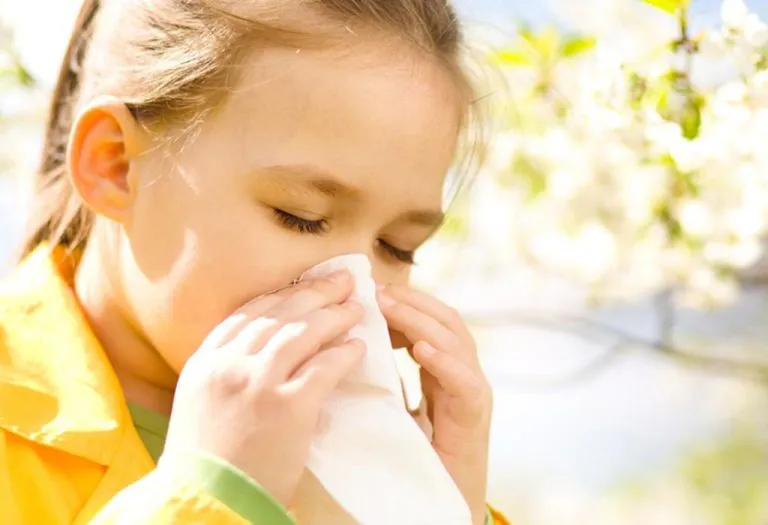
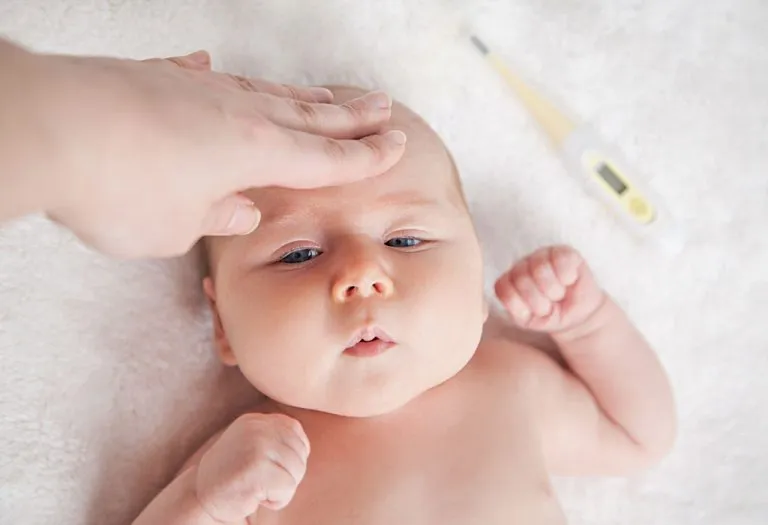
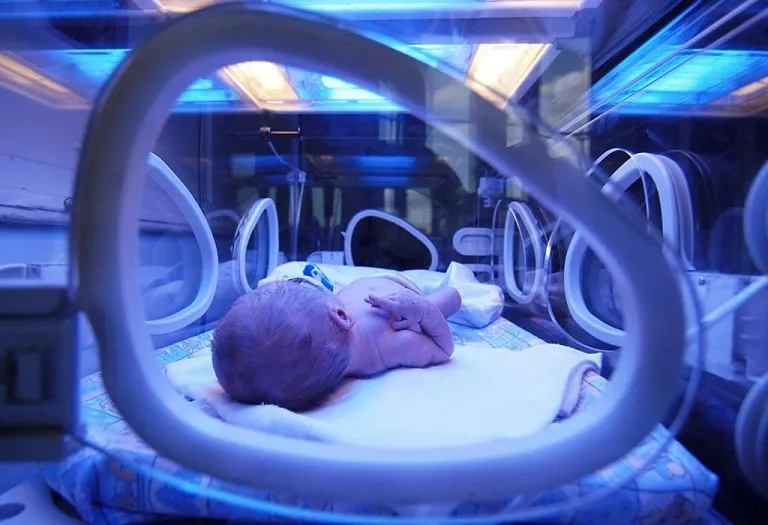
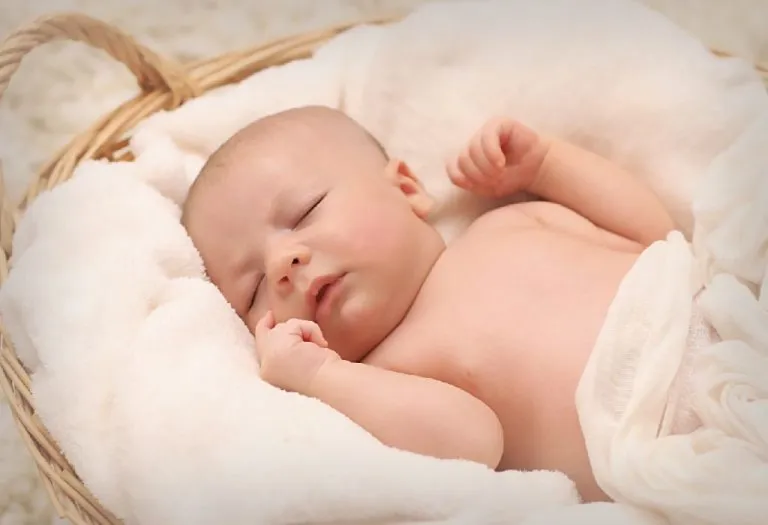
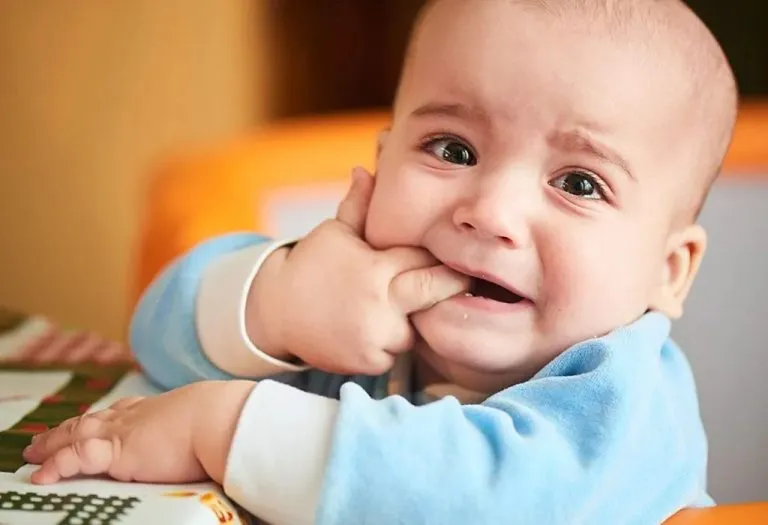
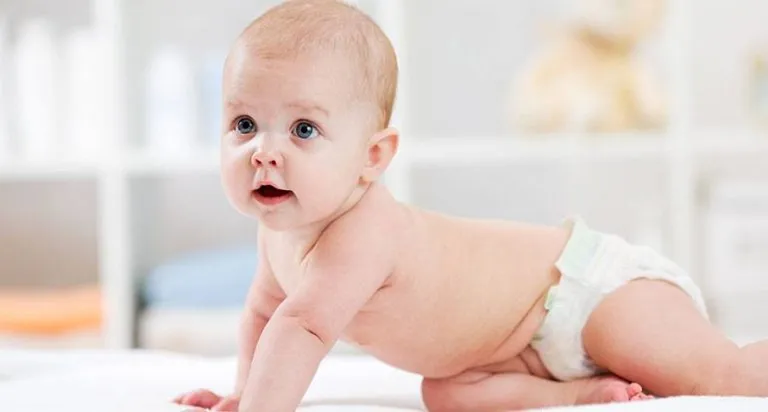

.svg)










